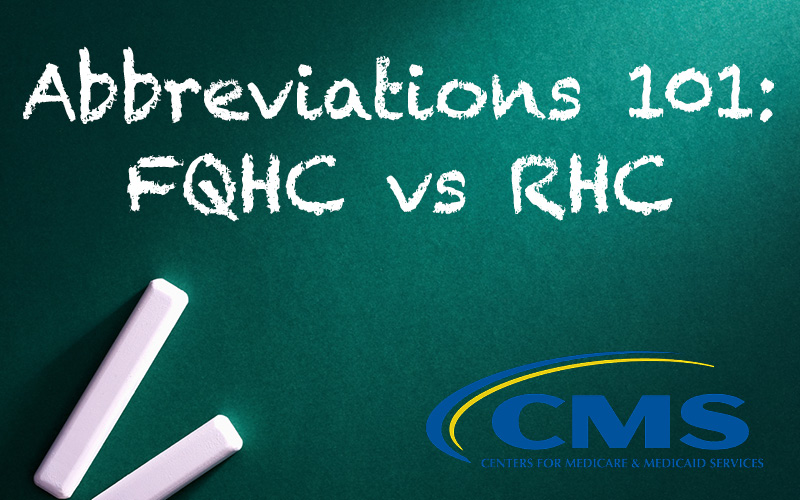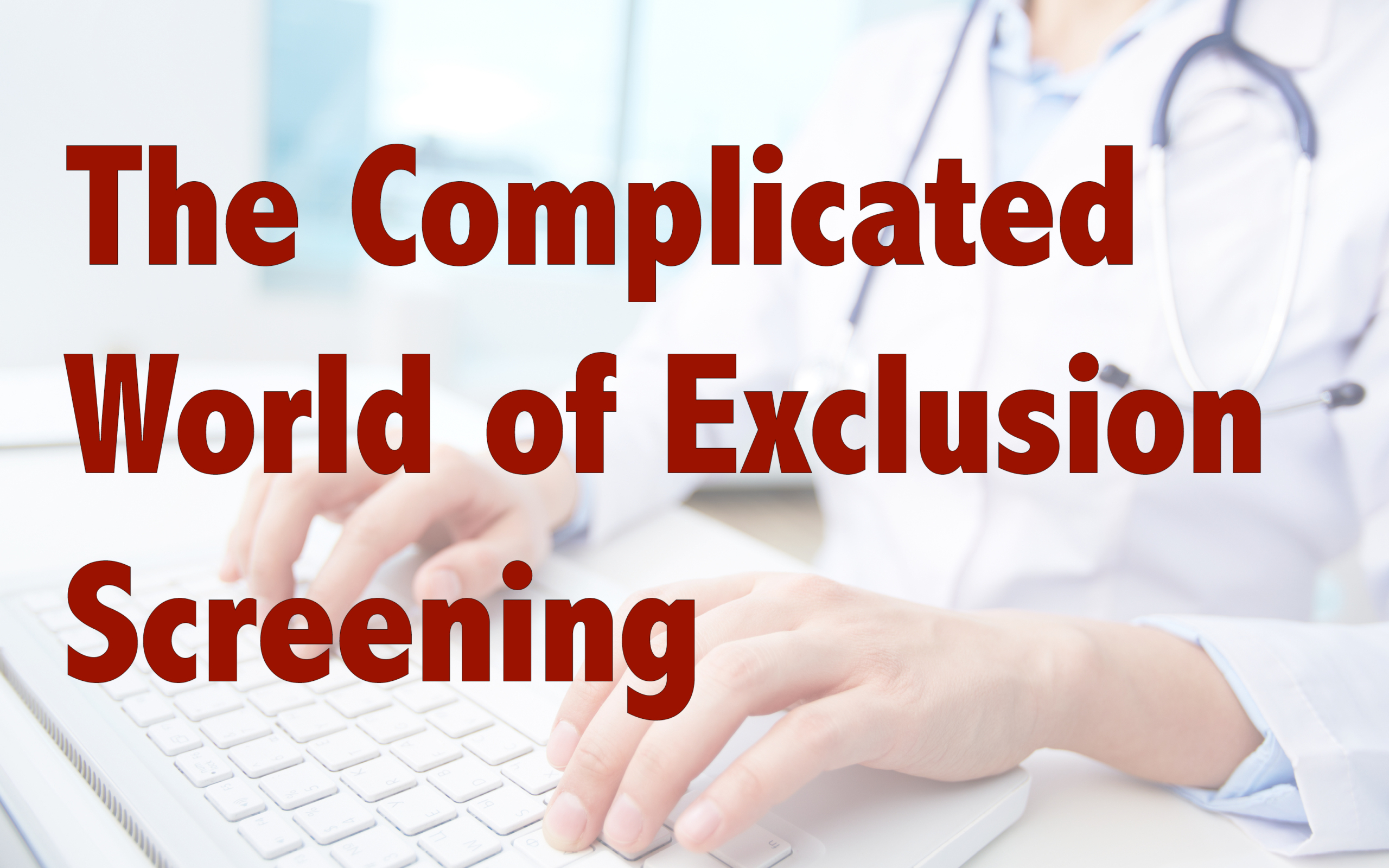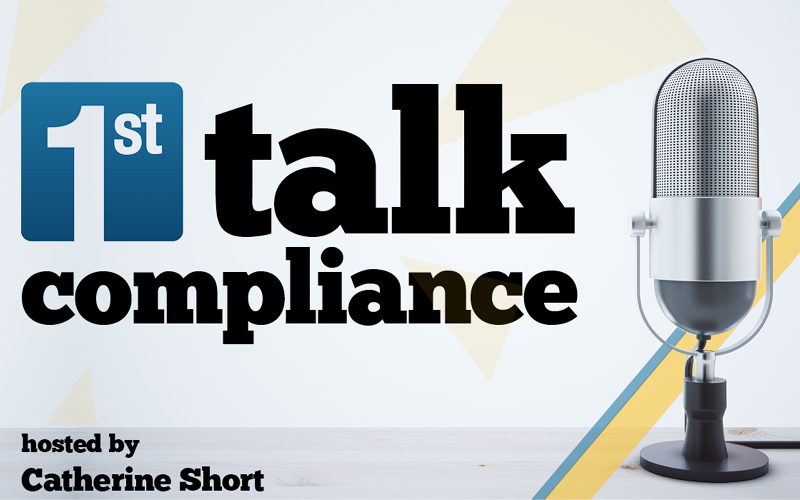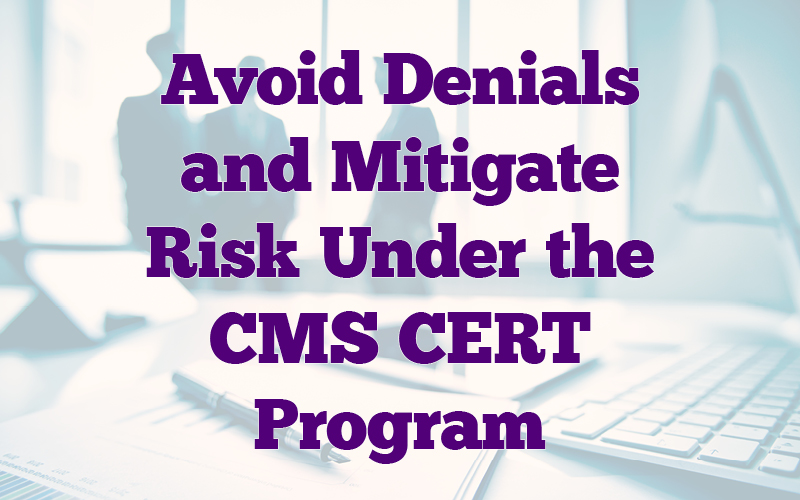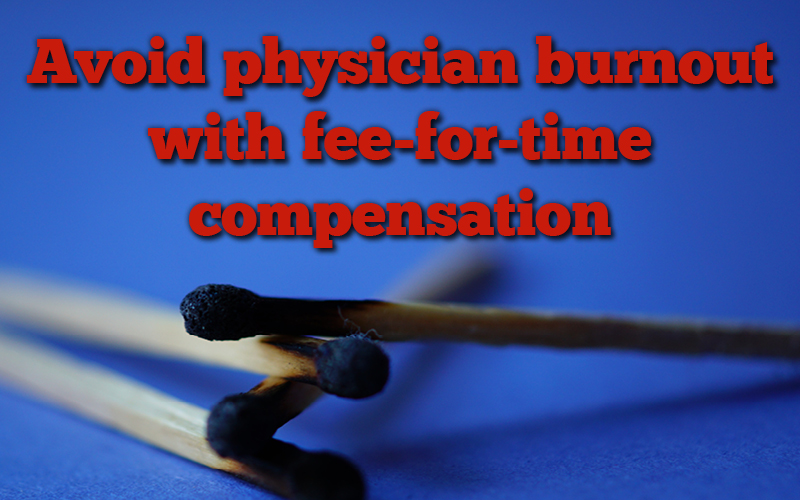Abbreviations 101: FQHC vs RHC
Over the last several decades, the number of Federally Qualified Health Centers (FQHC) and Rural Health Clinics (RHC) have been on the rise, due in part to the growing Medicare population and increasing reimbursement. Latest statistics show there are over 1200 FQHCs that meet grant requirements and over 4000 Medicare-certified RHCs in the US and territories. Of the alphabet soup of healthcare abbreviations, these two are worth understanding, specifically the similarities and differences between FQHCs and RHCs.
Federally Qualified Health Center (FQHC)
As part of a new benefit under Medicare in 1991, FQHCs were created to provide primary care services in underserved areas. For FQHC certification, these organizations are required to provide comprehensive services, have an ongoing quality assurance program, meet certain health and safety requirements, and not fall under designation of a Rural Health Clinic (RHC). In addition, an entity must meet one of the following requirements: 1) it is previously designated as a federally funded health center; 2) it receives funding from a Public Health Service grant; 3) it qualifies as a “FQHC look-alike”; or 4) it operates as an outpatient facility under a tribal or urban Indian organization.
Never heard of an FQHC in your area? Here is a list of FQHC types that you may recognize:
- Community health centers
- Migrant health centers
- Healthcare for homeless centers
- Public housing primary care centers
- Outpatient health programs or facilities by tribe, tribal organization or urban Indian organization
FQHC provider services must be face-to-face, medically-necessary medical, mental health, preventative, transitional or advanced care. Visits must be with a physician, nurse practitioner (NP), physician’s assistant (PA), certified nurse midwife (CNM), clinical social worker (CSW) or a clinical psychologist (CP). A sliding fee scale must be offered to persons with incomes below 200 percent of the Federal poverty level.
The location of visits could be in the FQHC, the patient’s residence, assisted living facility, Skilled Nursing Facility covered by Medicare Part A or at the scene of an accident. For those areas with limited home health options, visiting nurses for homebound individuals may also be included.
In addition to provider services, all supplies and Medicare Part B drugs furnished by and incident to services are covered under this benefit. For those with renal disease or diabetes, diabetes self-management training (DMST) or medical nutrition therapy (MNT) is available on an outpatient basis. Chronic Care Management (CCM) services may also be covered for individuals with two or more chronic conditions.
Rural Health Clinics began in 1977. Similar to a FQHC, specific requirements are necessary for RHC certification, face to face visits, and location of covered services. Unlike FQHC, RHC may be either for profit or non-profit and a governing board of directors is not required. A RHC must be in a medically underserved and non-urbanized area. A NP or PA must be on staff in a RHC and a NP, PA or CNM must work in the clinic at least half of the time. Services are generally medical care only and may be provided by non-physician providers; laboratory and diagnostic services must be available during hours of operation. Drugs needed for an emergency must be on hand in a RHC.
Not surprising that the billing requirements for a FQHC and a RHC are also very different. A sliding fee scale is not required for designation as a RHC.
To learn more about recent updates related to FQHCs, please join us March 29th for an in-depth discussion on “Corporate Compliance for Federally Qualified Health Centers” with Kevin J. Fairlie.

